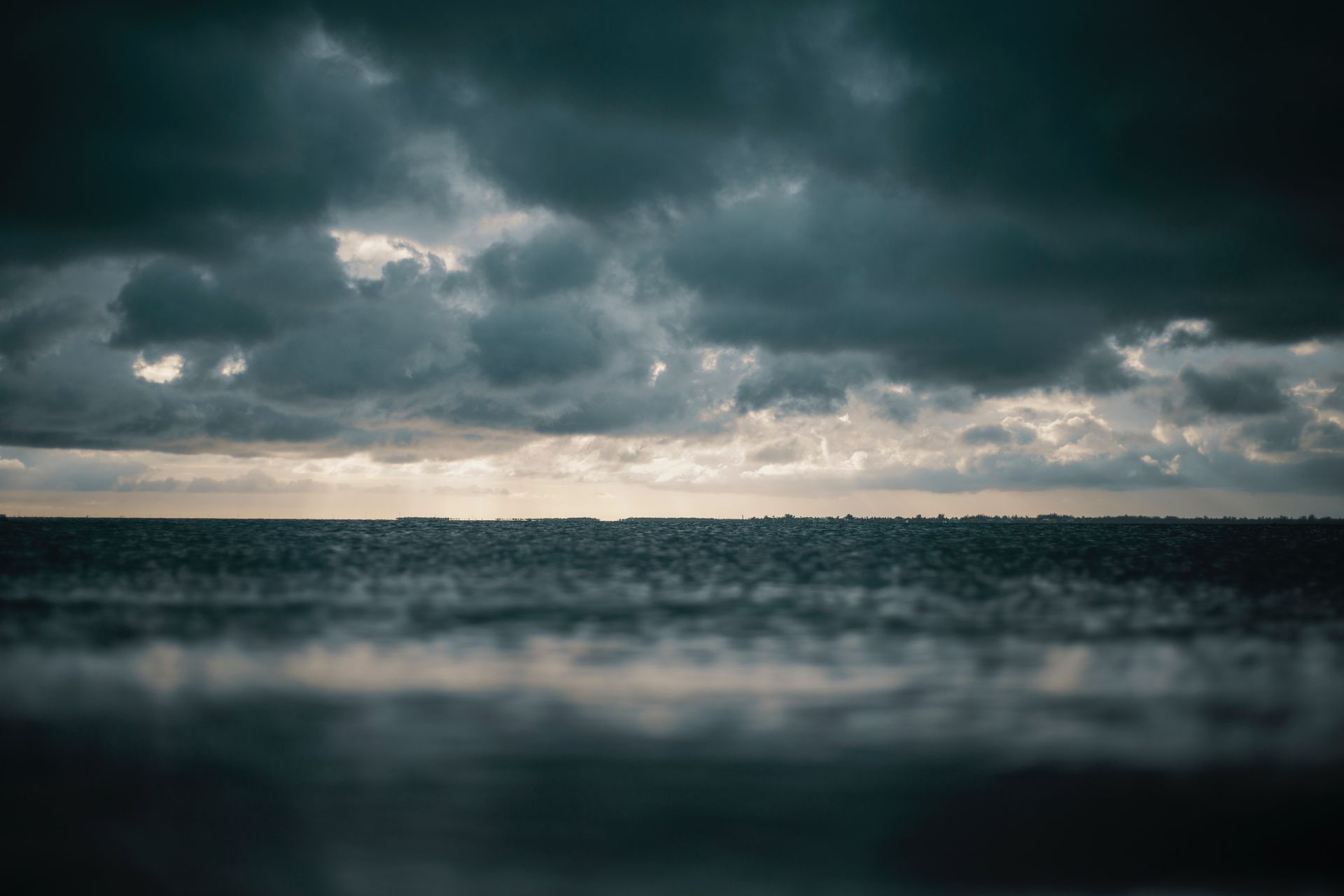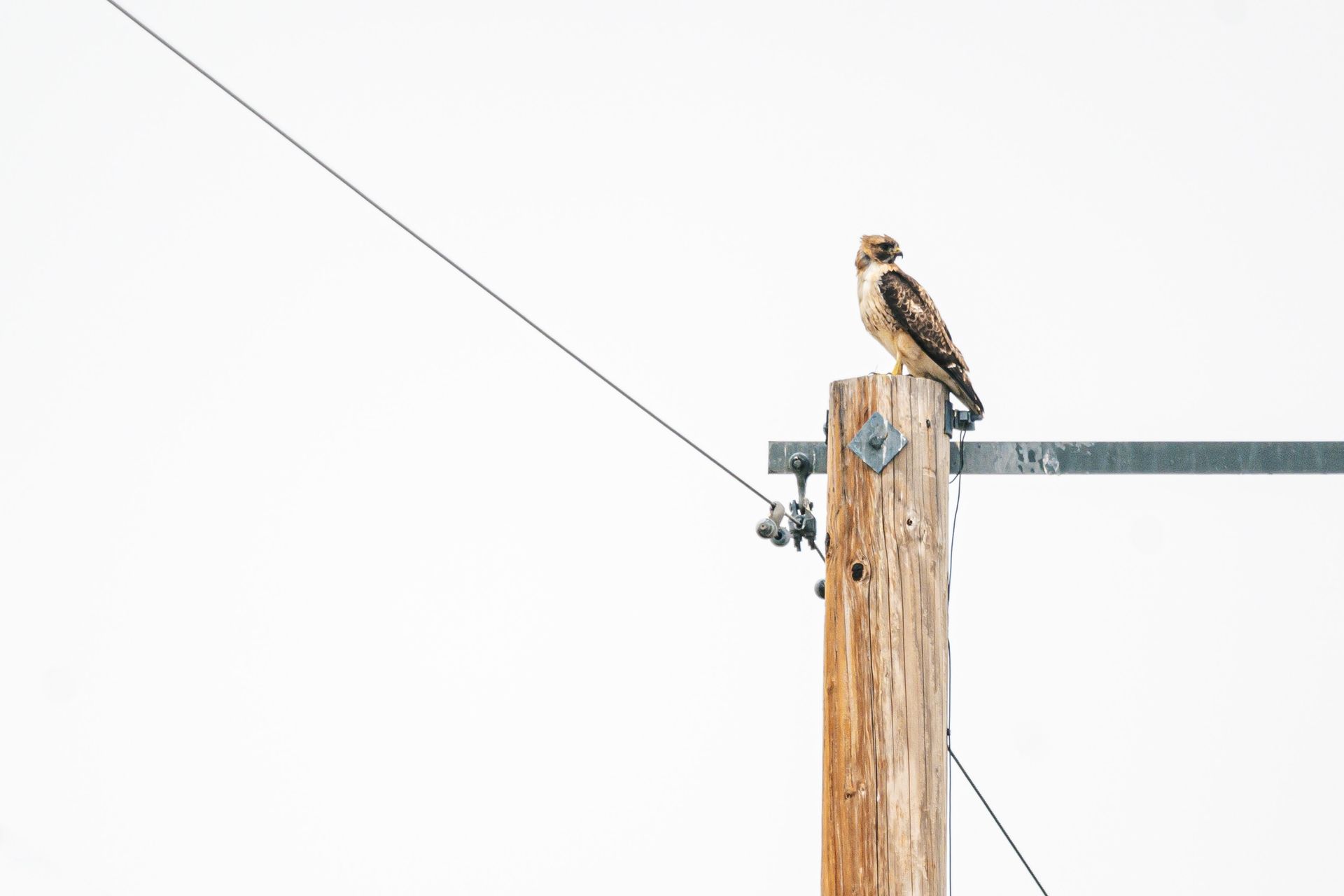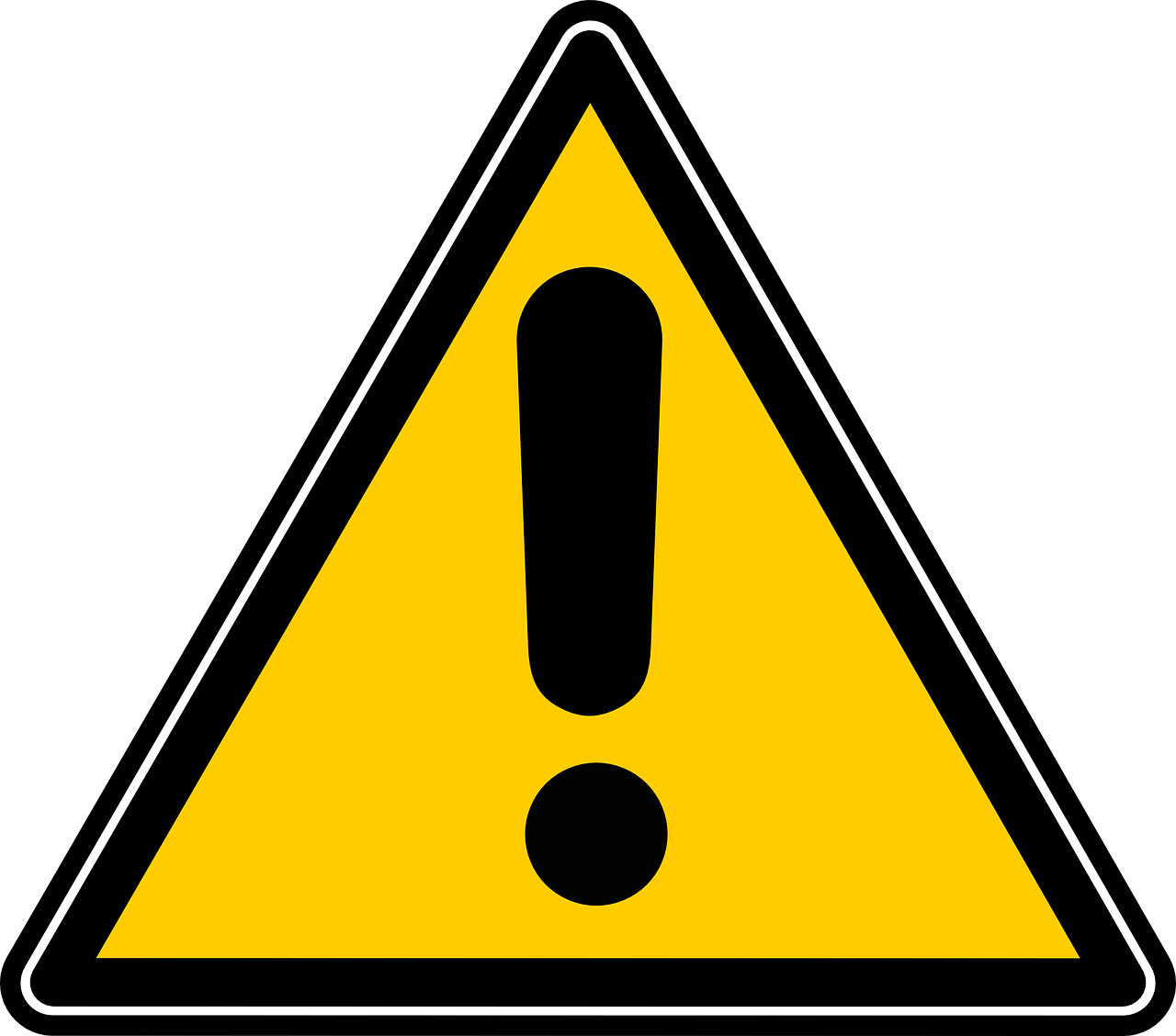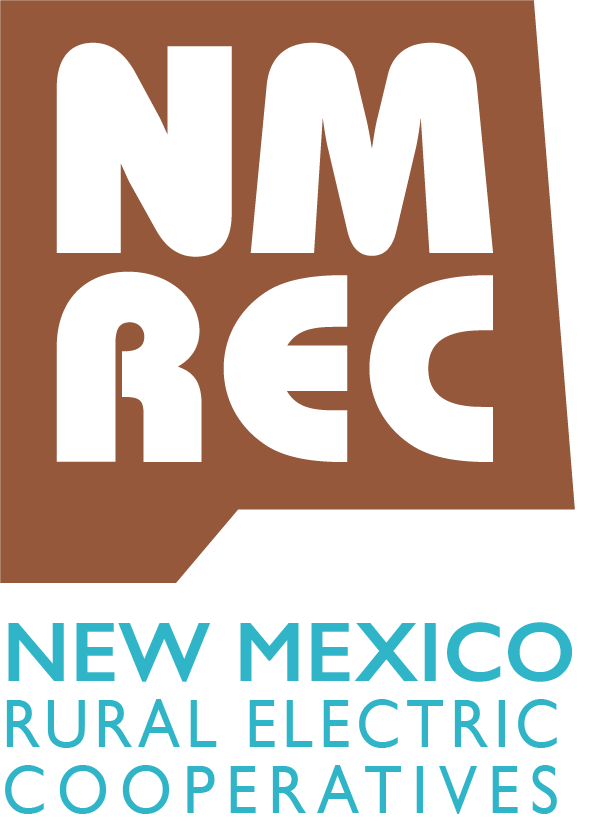Blog

Now that summer is in full swing, like many of you, we all welcome more opportunities to be outdoors and enjoy the warmer weather. Summertime brings many favorite activities like cooking out with family and friends, afternoons on the water and simply slowing down a bit to enjoy life. But summer months also make conditions right for dangerous storms. These potential weather events can cause destruction to the electrical system, but electric cooperative crews are ready and standing by to respond should power outages occur in your area. When major storms knock out power, line crews take all necessary precautions before they get to work on any downed lines. Always practice safety and preparedness to protect your family during major storms and outages. The Federal Emergency Management Agency recommends the items below as a starting point for storm and disaster preparedness, but you can visit www.ready.gov for additional resources. Stock your pantry with a three-day supply of non-perishable food, such as canned goods, energy bars, peanut butter, powdered milk, instant coffee, water and other essentials (i.e., diapers and toiletries). Confirm that you have adequate sanitation and hygiene supplies including towelettes, soap and hand sanitizer. Ensure your First Aid kit is stocked with pain relievers, bandages and other medical essentials, and make sure your prescriptions are current. Set aside basic household items you will need, including flashlights, batteries, a manual can opener and portable, battery-powered radio or TV. Organize emergency supplies so they are easily accessible in one location. In the event of a prolonged power outage, turn off major appliances, TVs, computers and other sensitive electronics. This will help avert damage from a power surge, and will also help prevent overloading the circuits during power restoration. That said, do leave one light on so you will know when power is restored. If you plan to use a small generator, make sure it’s rated to handle the amount of power you will need, and always review the manufacturer’s instructions to operate it safely. Listen to local news or a NOAA Weather Radio for storm and emergency information, and check your electric cooperative website for power restoration updates. After the storm, avoid downed power lines and walking through flooded areas where power lines could be submerged. Allow ample room for utility crews to safely perform their jobs, including on your property. Advance planning for severe storms or other emergencies can reduce stress and anxiety caused by the weather event and can lessen the impact of the storm’s effects. Sign up for NOAA emergency alerts and warnings to stay abreast of power restoration efforts and other important co-op news and information. Source: NRECA's Straight Talk

It’s not pleasant to think about worst-case scenerios. But a little planning can make a difference if the worst does happen. Follow these tips to avoid feeling helpless during a disaster. Before: Communicate. Talk with your family about who to call, where to go and what to do if disaster strikes. Educate. Plan different strategies for different situations. Map out a fire escape route from all areas of your home, and establish a safe place to go during threatening weather. Make sure all family members know their full names, address and phone numbers. Agree on an out-of-town relative or friend to call if everyone gets separated during a disaster, and have an ICE (In Case of Emergency) contact in your cell phone that first responders can call if needed. Prepare. Set up warning systems in your home—fire detectors and carbon monoxide alarms give advance notice that can save lives. Use a battery-operated weather radio for advance storm warnings, and subscribe to your local Office of Emergency Management alerts by text or e-mail if available. Keep an emergency kit handy that contains five days worth of non-perishable food and water, medical supplies, a list of phone numbers (including your electric co-op and other utilities’ outage numbers), prescriptions and important documents. Also, plan for pets or any special needs for family members. Then practice your emergency plans. During: Keep calm: Think clearly and follow your plan. Use the resources you prepared in case of emergencies. Have extra battery power for phones: Keep a few (charged!) power banks on hand so you can charge at least one phone. During extended outages, use the phone sparingly to reserve power. After: Be patient: Wait for all danger to pass. Never re-enter an evacuated area without permission to do so, and remember to use caution when you do go back into your home—you can’t always see danger, such as a ruptured gas line. Avoid delayed danger: Do not approach downed wires or power lines, and watch for rising waters. Keep standby generators in well-ventilated areas—never run a generator indoors, even in a garage. With a little planning, the worst can be avoided during major storms and disasters. Visit redcross.org or ready.gov for more disaster planning ideas. Taking the time to be prepared is worth the effort now in case of an emergency later. Source: Underwriters Laboratories, American Red Cross.

When winter temperatures drop and storms hit, it can be challenging to stay safe and warm. Winter storm severity varies depending on where you live, but nearly all Americans are affected by extreme winter storms at some point. Heavy snow and ice can lead to downed power lines, leaving co-op members without power. During extremely low temperatures, this can be dangerous. During a power outage, NM electric cooperative crews will continue to work as quickly and safely as possible to restore power, but there are a few things you can do to prepare yourself. Stay warm – Plan to use a safe alternate heating source, such as a fireplace or wood-burning stove during a power outage. These are great options to keep you and your loved ones warm, but exercise caution when using, and never leave the heating source unattended. If you are using gasoline-, propane- or natural gas-burning devices to stay warm, never use them indoors. Remember that fuel- and wood-burning sources of heat should always be properly ventilated. Always read the manufacturer’s directions before using. Stay fed – The CDC recommends having several days’ supply of food that does not need to be cooked handy. Crackers, cereal, canned goods and bread are good options. Five gallons of water per person should also be available in the event of an extended power outage. Stay safe – When an outage occurs, it usually means power lines are down. It is best not to travel during winter storms, but if you must, bring a survival kit along, and do not travel alone. If you encounter downed lines, always assume they are live. Stay as far away from the downed lines as possible, and report the situation to your local electric cooperative dispatchers if possible. Winter weather can be unpredictable and dangerous, and planning ahead can often be the difference between life and death. Source: NRECA's Straight Talk.

Downed power lines can look relatively harmless, but don’t be fooled. They likely carry an electric current strong enough to cause serious injury or possibly death. These tips can help you stay safe around downed lines: If you see a downed power line, move away from the line and anything touching it. The proper way to move away from the line is to shuffle with small steps, keeping your feet together and on the ground at all times. This will minimize the potential for a strong electric shock. Electricity wants to move from a high-voltage zone to a low-voltage one—and it could do that through your body. If you see someone who is in direct or indirect contact with the downed line, do not touch the person. You could become the next victim. Call 911 instead. Do not attempt to move a downed power line or anything in contact with the line by using another object such as a broom or stick. Even normally non-conductive materials like wood or cloth, if slightly wet, can conduct electricity and electrocute you. Be careful not to put your feet near water where a downed power line is located. Do not drive over downed lines. If you are in a vehicle that is in contact with a downed line, stay in the vehicle. Honk your horn for help and tell others to stay away from your vehicle. If you must leave your vehicle because it’s on fire, jump out of the vehicle with both feet together and avoid making contact with the energized vehicle and the ground at the same time. This way you avoid being the path of electricity from the vehicle to the earth. Source: NRECA's Straight Talk.

The safety of you, is a top priority at your New Mexico Electric Cooperatives, especially during dangerous times. When storms impact your area, electric cooperatives rush to your aid as soon as weather conditions allow lineworkers to travel and make repairs safely. Line crews take necessary precautions before they work on downed power lines. First, they verify a circuit has been de-energized, and that proper switches are opened and tagged to isolate the circuit from the system. We place ground chains on the circuit—on both sides of workers—to make sure the line cannot be energized while work is being done. But even after these measures, our workers’ lives remain in your hands. Portable generators, widely used when power lines are down, can prove fatal to lineworkers and your neighbors when used improperly. Of course, no one would ever purposely cause the death of a lineworker. Nevertheless, a generator connected to a home’s wiring or plugged into a regular household outlet can cause backfeeding along power lines and electrocute anyone who comes in contact with them—even if the line seems de-energized. And electric cooperative employees are not the only ones in danger when a portable generator is used improperly. Generator owners themselves may be at risk of electrocution, fire injury, property damage or carbon monoxide poisoning if they do not follow the necessary safety rules. Portable generators can be very helpful during outages. But we urge you to follow these safety guidelines when using one: Never connect a generator directly to your home’s wiring unless your home has been wired for generator use. This can cause backfeeding along power lines and electrocute anyone coming in contact with them, including lineworkers making repairs. Have a licensed electrician install the equipment necessary to safely connect emergency generators to your home. Always plug appliances directly into generators. Connecting the generator to your home’s circuits or wiring must be done by a qualified, licensed electrician who will install a transfer switch to prevent backfeeding. Use heavy-duty, outdoor-rated extension cords. Make sure extension cords are free of cuts or tears and the plug has three prongs. Overloaded cords can cause fires or equipment damage. Ensure your generator is properly grounded. Never overload a generator. A portable generator should only be used when necessary to power essential equipment or appliances. Turn off all equipment powered by the generator before shutting it down. Keep the generator dry. Operate it on a dry surface under an open structure. Always have a fully charged fire extinguisher nearby. Never refuel a generator while it is operating. Read and adhere to the manufacturer’s instructions for safe operation. Never cut corners when it comes to generator safety. We encourage you to protect the well-being and safety of your family during outages, and safeguard those who come to your aid during emergency situations. When we work together for safety and the good of our communities, we all benefit. Source: NRECA's Straight Talk.

